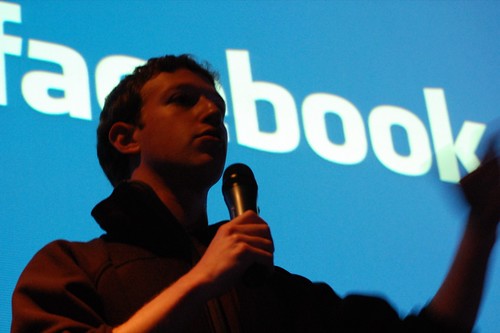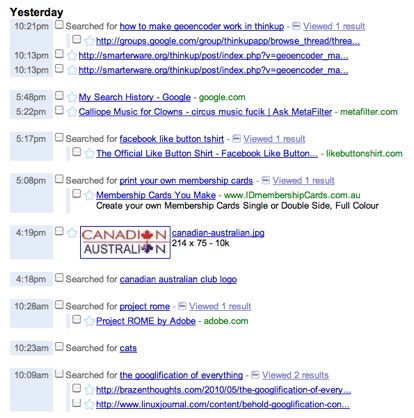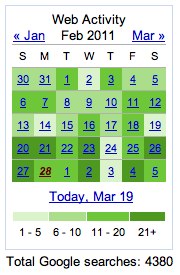
I just posted my final status update on Facebook…
Dear Friends,
As some of you know, I have been wary about the direction Facebook has been taking for quite a while. Their everchanging and confusing privacy settings, the dubious way they treat your personal information, the sneaky way they phrase things in their terms of service… the list goes on… in short, I have gotten to the point where I simply no longer trust Facebook with my information. The recent (and soon to be released) changes like the Timeline View and the “frictionless sharing” that Zuckerberg talked about at the recent f8 conference have started to change Facebook into a service that I’m no longer willing to use. Articles like this one (http://searchenginewatch.com/article/2114059/Your-Facebook-Data-File-Everything-You-Never-Wanted-Anyone-to-Know) make me feel entirely distrustful of the whole thing.
Despite reservations I’ve had about it, I’ve really tried to like Facebook. I’ve enjoyed making and maintaining connections with people here, but Facebook’s cavalier attitude to my personal information makes it impossible for me to continue being a user of the service. While I certainly have nothing to hide, in principle I simply no longer wish to support Facebook and its services.
I have disabled my account over the last few days and have realised that I really don’t need Facebook. Soon after I post this message I will be deleting my account completely. Unfortunately, I realise that even after I delete my account, I still have no real idea about how much of my information Facebook will continue to retain and use. That’s pretty appalling don’t you think?
I still think the basic ideas of social networking online are wonderful, and I’ve been really enjoying what’s going on over at Google+. To me, Google+ feels like a far more vibrant, interesting (and trustworthy!) place than Facebook. I like the way Google have been upfront and open about what they do with my information. To be clear, it’s not the giving of the information that concerns me at Facebook, it’s the sneaky, convoluted ways that they miscommunicate their intentions about it. I feel like Facebook have crossed the line with my trust.
There are lots of people I’m going to miss being in contact with here on Facebook. But I hope you understand that I just can’t continue to support a service that acts so sneakily, so unethically, and treats me and my information with so little respect.
Chris
It’s a bit of a shame really, as I have a lot of friends on Facebook, but I just can’t do it any more. At the heart of it, I think Facebook is ultimately bad for the future of the open Internet. It gives the impression of being all warm and fuzzy and connecting you with your friends and family, but the motives of the company are entirely Facebook-centric. Facebook cares only about Facebook. As I watch it grow bigger and stronger it feels to me like what Germany must have felt like in the mid 1930s. There was a time when people were great supporters of Adolf Hitler too. We all know how that turned out.
Oh, and take a moment to read that article linked above. Scary! Seig Heil indeed.
Image: ‘DSC_0076.JPG‘
http://www.flickr.com/photos/24095119@N06/2324843973

 Many people don’t realise it, but if you use Google’s search services while signed into your Google account (which you already have if you use Gmail) then
Many people don’t realise it, but if you use Google’s search services while signed into your Google account (which you already have if you use Gmail) then  Whether we like it or not, in a digital age we all leave a trail behind us.
Whether we like it or not, in a digital age we all leave a trail behind us.